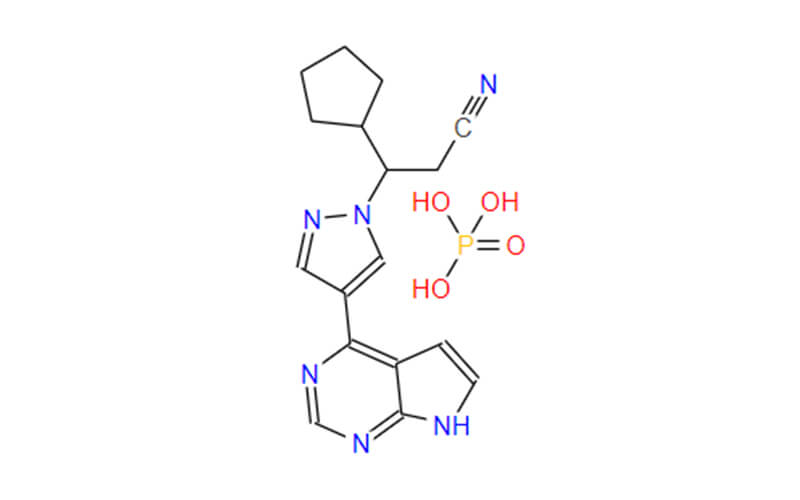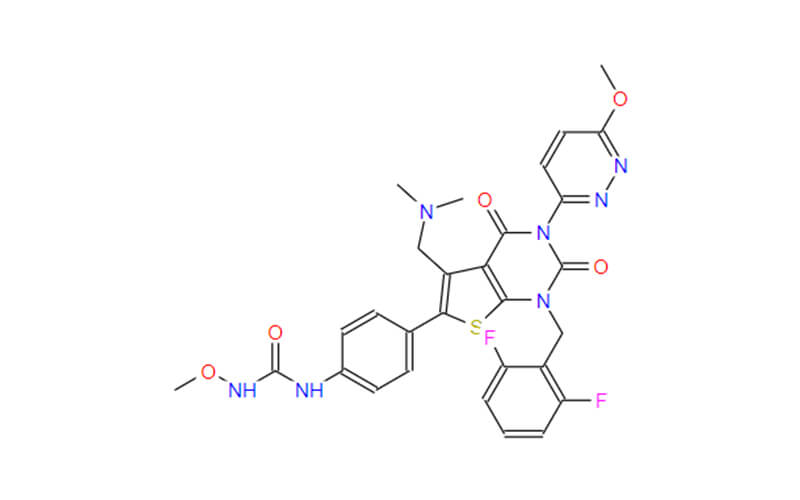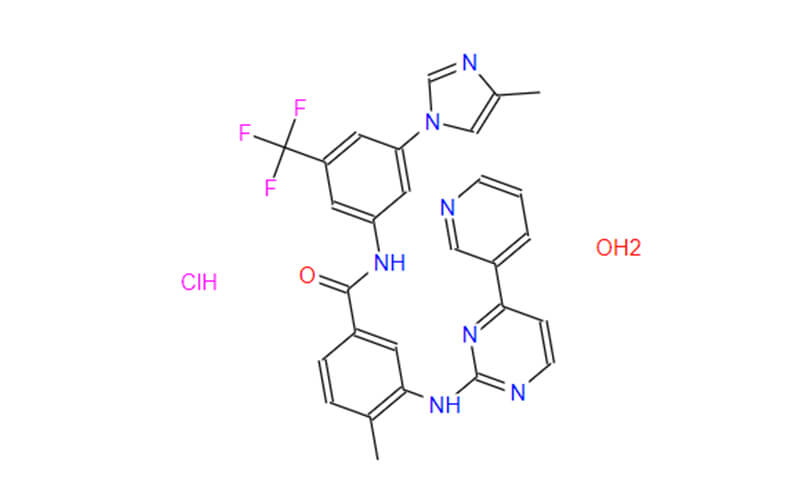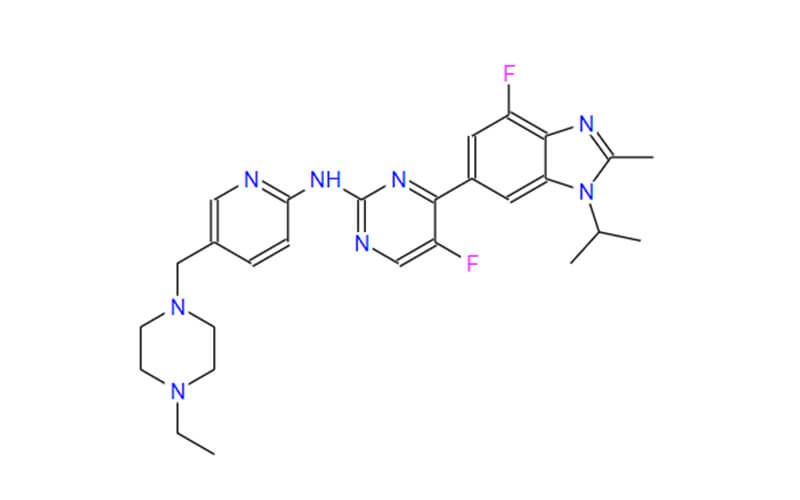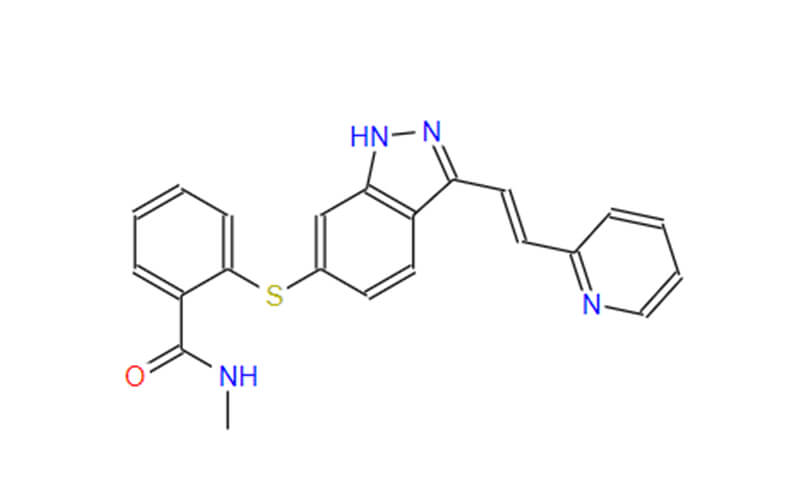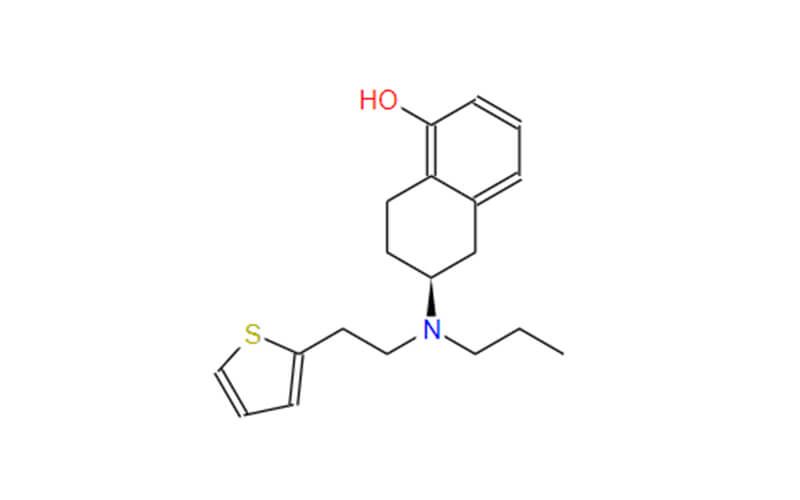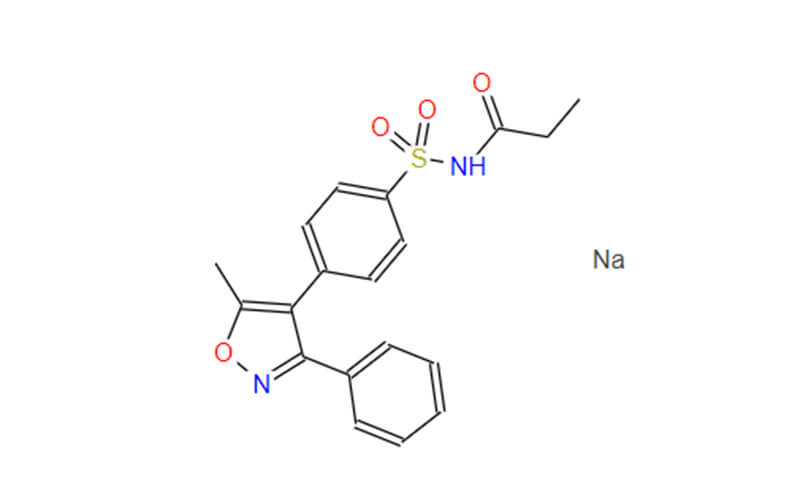Dabigatran Etexilate Mesylate for the Prevention of Stroke and Blood Clots in Atrial Fibrillation
Dabigatran is an oral blood thinner that is used to reduce the risk of stroke and blood clots in people with atrial fibrillation. It is generally safe and well-tolerated, but it can cause some side effects, such as bleeding, bruising, and stomach upset. Dabigatran is a good option for many people with AF who need to take a blood thinner.

What is Atrial Fibrillation?
Atrial fibrillation (AF) is a common heart condition that affects more than 2 million adults in the United States. AF is a type of arrhythmia, which means that the heart beats irregularly. In AF, the upper chambers of the heart (atria) beat chaotically and irregularly. This can lead to blood clots forming in the heart, which can travel to the brain and cause a stroke.
AF is often caused by other medical conditions, such as high blood pressure, heart disease, and diabetes. However, it can also occur in people with no underlying medical conditions.
AF is a serious condition that can increase the risk of stroke, heart failure, and other complications. However, there are treatments available to help control AF and reduce the risk of complications.
Treatment for AF typically includes medication such as dabigatran etexilate mesylate capsule to control the heart rate and rhythm, and blood thinners to reduce the risk of blood clots.
How Can Dabigatran Etexilate Mesylate Help Prevent Stroke and Blood Clots in Atrial Fibrillation?
Dabigatran works by blocking the action of thrombin, a protein that plays a key role in blood clotting. By blocking thrombin, dabigatran can help to prevent blood clots from forming.
In clinical trials, dabigatran has been shown to be effective in reducing the risk of stroke and blood clots in people with AF. For example, one study found that dabigatran was as effective as warfarin (another blood thinner) in reducing the risk of stroke and blood clots in people with AF. Additionally, dabigatran was associated with a lower risk of bleeding than warfarin.
Dabigatran is generally safe and well-tolerated. However, it can cause some side effects, such as bleeding, bruising, and stomach upset. It is important to talk to your doctor about the risks and benefits of dabigatran before starting treatment.
Here are some of the ways that dabigatran can help prevent stroke and blood clots in AF:
- Reduces the formation of blood clots in the heart. AF can cause blood clots to form in the heart because the blood is not flowing properly. Dabigatran can help to prevent these blood clots from forming by blocking the action of thrombin.
- Reduces the risk of blood clots traveling to the brain. If a blood clot does form in the heart, dabigatran can help to reduce the risk of it traveling to the brain and causing a stroke.
- Reduces the risk of other blood clots. Dabigatran can also help to reduce the risk of other blood clots, such as deep vein thrombosis (DVT) and pulmonary embolism (PE).
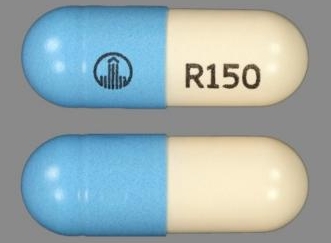
How is Dabigatran Etexilate Mesylate Taken?
Dabigatran etexilate mesylate (dabigatran) is taken orally, once or twice daily, depending on your dose. It can be taken with or without food.
The recommended dose of dabigatran for the prevention of stroke and blood clots in people with atrial fibrillation (AF) is 150 mg twice daily. However, the dose may be adjusted depending on your individual needs.
It is important to take dabigatran at the same time each day to maintain a consistent level of medication in your body. If you forget to take a dose, take it as soon as you remember. However, if it is almost time for your next dose, skip the missed dose and continue with your regular dosing schedule. Do not double up on your doses.
Dabigatran can interact with other medications, so it is important to tell your doctor about all of the medications you are taking before starting dabigatran.
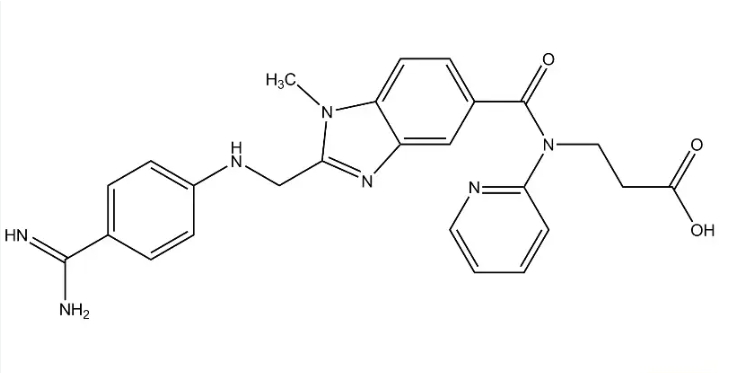
Drug Interactions with Dabigatran Etexilate Mesylate
Dabigatran etexilate mesylate (dabigatran) can interact with other medications, including over-the-counter medications, herbal supplements, and vitamins.
Here are some of the most common drug interactions with dabigatran:
- Other blood thinners: Taking dabigatran with other blood thinners, such as aspirin, warfarin, or clopidogrel, can increase the risk of bleeding.
- Antiplatelet medications: Antiplatelet medications, such as clopidogrel and prasugrel, can also increase the risk of bleeding when taken with dabigatran.
- Nonsteroidal anti-inflammatory drugs (NSAIDs): NSAIDs, such as ibuprofen and naproxen, can also increase the risk of bleeding when taken with dabigatran.
- P-glycoprotein inhibitors: P-glycoprotein inhibitors, such as ketoconazole and cyclosporine, can increase the levels of dabigatran in the blood, which can increase the risk of bleeding.
- Rifampin: Rifampin can decrease the levels of dabigatran in the blood, which can reduce its effectiveness.
In addition to these specific drug interactions, dabigatran can also interact with other medications that affect kidney function or blood pressure.
Conclusion
Dabigatran etexilate mesylate is a safe and effective medication for reducing the risk of stroke and blood clots in people with atrial fibrillation. It is important to take dabigatran regularly and to be aware of the potential side effects and drug interactions.

